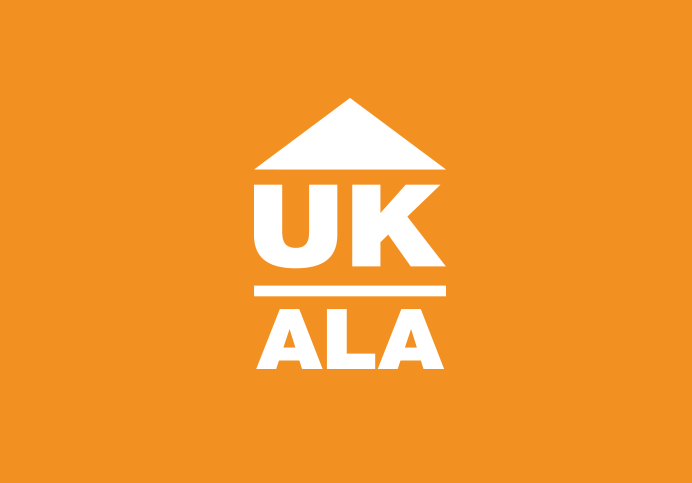
Registering title to your land
Registering title provides an up-to-date official record of who owns land, eliminating the need to examine the past history of the title. It is a safe and straightforward way of transferring land between parties that cuts the cost of conveyancing and helps to prevent fraud.
Although registration of land is now compulsory when it is sold, this hasn’t always been the case. This means many properties across England & Wales are still unregistered. If your land is not registered (you can find out on-line from the Land Registry website) you can register voluntarily.
‘Land’ here can mean either land on its own, or land with a building, house or indeed property of any kind.
A registered title is guaranteed. If somebody suffers a loss because of a mistake or an omission from the register, he or she may be able to get compensation. Registration can sort out some problems in title, which may, up to the time of first registration, have been the subject of conditions of sale and enquiries. Also, many unregistered titles have been successfully re-established by registering them after title deeds have been lost or destroyed.
A registered title has three parts:
- the property register describes the property and any beneficial rights
- the proprietorship register records who owns the property
- the charges register gives details of mortgages or rights that may affect the property adversely.
When someone applies to register title to his or her property for the first time, they must prove they own the property. If they can show that they own the property, they will have their name recorded in the proprietorship register as the registered proprietor. The registered proprietor is the legal owner of the property. If the registered proprietor then sells the property, the buyer must apply to have the transfer registered. The buyer should then become the registered proprietor. Until then, the buyer will not become the legal owner of the property. Legal ownership only passes when the transfer is registered.
Property can be registered with a number of different types or classes of title. Absolute title is the best and the most common type.
Beneficial rights
Where land is registered with absolute title, the owner will have the benefit of any rights that are set out or referred to in the property register (for example, a right of way on foot over a side passageway).
Subjective rights
Other people may have certain rights over the property, for example, neighbouring landowners may have the right to walk or drive over part of the property. People sometimes call these rights ‘subjective’ or refer to them as ‘adversely affecting the property’. These rights will usually be set out in the charges register, which may also refer to other matters that affect the property. For example, the property may be affected by a registered mortgage, or covenants that restrict how people may use the land. These matters will also be set out in the charges register.
Overriding interests
Some things that are not noted on the register at all may also affect the property. These are called ‘overriding interests’. They include some rights of way, public rights, rights under local land charges and leases for less than seven years. They also include the rights of people in ‘actual occupation’ of the property or who receive rent from the property. Being in actual occupation has a special legal meaning. Basically, it means that the occupiers must permanently live in the property themselves, or permanently occupy the property in some other way.